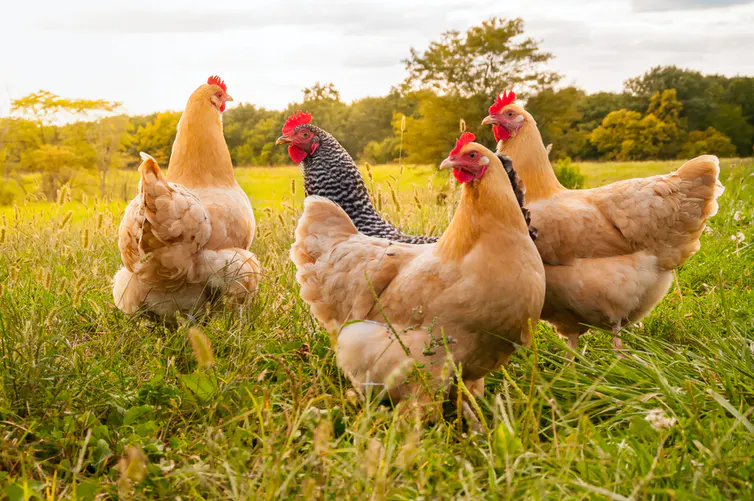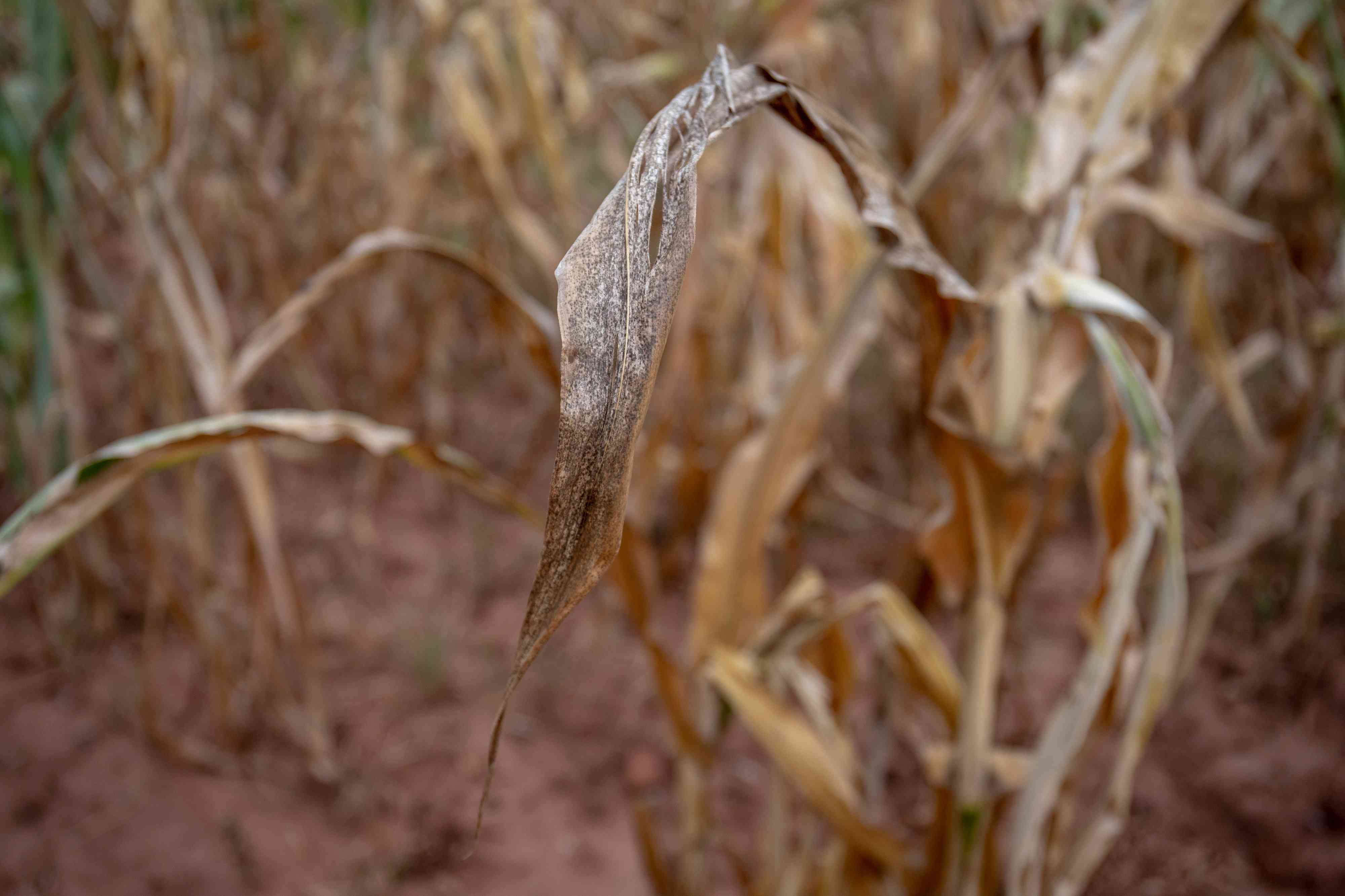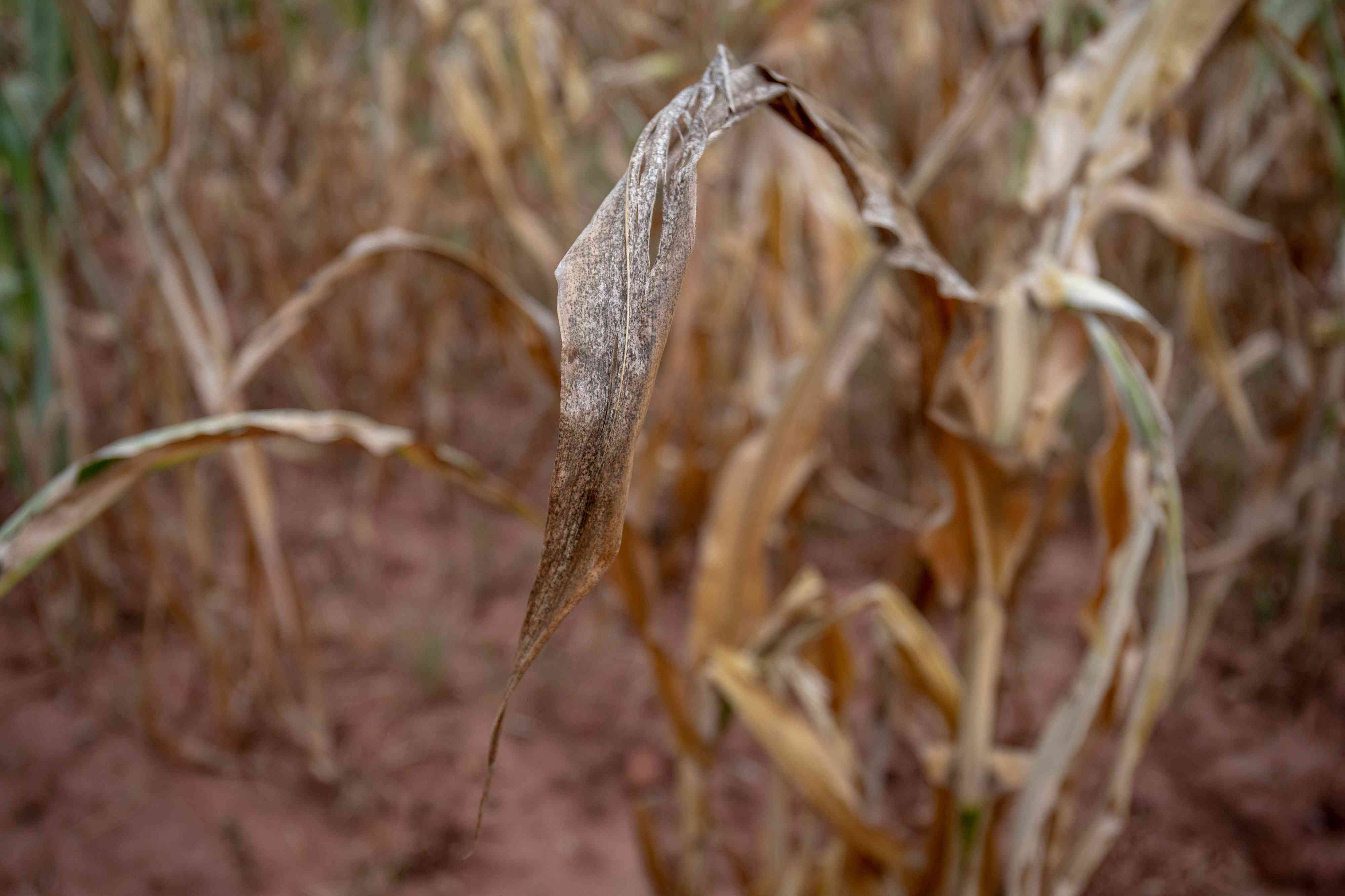
BY MTHANDAZO NYONI THE Zimbabwe Agricultural Development Trust (ZADT) says in the medium to long-term, more than 60% of its funds would be deployed to investments which benefit smallholder farmers.
Formed in 2010 by SNV Netherlands Development Organisation and Humanistic Institute for Development Co-operation, the organisation’s primary purpose is to contribute to the recovery and improvement of the smallholder farming sector and improve the food security and incomes of rural households in Zimbabwe.
“The primary mandate of the trust is to impact smallholder farmers. This is premised on our ability to preserve and grow the available funds as well as ensure sustainability of operations in a not-so-conducive investment environment,” ZADT board chairperson Rachel Pfungwa Kupara revealed in the organisation’s 2021 annual report.
She said in 2021, the board approved restructuring of the ZADT fund into investment categories, namely impact, growth and revenue to guide deployments to achieve the short-term objectives of sustainably preserving and growing the fund.
“In the medium to long-term, more than 60% of the trust fund will be deployed to investments which benefit smallholder farmers. More work still needs to be done by the secretariat to achieve this. If the COVID-19 pandemic is brought under control and the investment environment improves, we look forward to scaling up and deepening our footprint in the smallholder farming sector,” she said.
During the year under review, Kupara said despite the combined effects of the dire economic environment and the COVID-19 pandemic, ZADT managed to maintain a surplus position consistent with prior year.
However, the revenue base declined by 33% in inflation-adjusted terms owing to the subdued economic activity that affected the trust’s generation of income through investments.
In inflation-adjusted terms, total revenue amounted to $183,7 million against total operating costs of $166 million, resulting in a surplus of $17,7 million.
- Chamisa under fire over US$120K donation
- Mavhunga puts DeMbare into Chibuku quarterfinals
- Pension funds bet on Cabora Bassa oilfields
- Councils defy govt fire tender directive
Keep Reading
Based on historical cost accounting, a surplus of $143,9 million was made in 2021 compared to $152,7 million in prior year.
“The significant increase in financial assets through co-investments on the statement of financial position reflects the trust’s strategy to restructure the fund into the various investment categories. The current focus of the trust is to deploy blocked funds into different fund categories consistent with the strategy,” Kupara noted.
During the year, she said the trust partially released its investment in Marirangwe United Bush Dairy, hence concluding its initiative to assist 60 smallholder farmers to purchase shareholding under the funding from DanchurchAid.
ZADT also revealed that its investments were affected mainly by inflationary pressures, foreign exchange disparities as well as the effects of the COVID-19 pandemic, which saw the economy go through cycles of lockdowns to curb the spread of the pandemic.
ZADT chief executive Godfrey Chinoera said co-investments increased by more than 1 200% during the year, although pointing out that it still fell short of the short-term investment targets set in the fund categories which were approved by the board.
“Of major concern were the co-investments under the impact or partnership, where we deployed $14,2 million against a target of $91,5 million. We are continuing with our efforts to deploy all our capital particularly that which is under blocked funds. We believe deploying all that capital is key in unlocking value which will ensure the viability of our operations,” he said.
The ZADT fund was denominated in Zimbabwe dollars while prospective businesses required funding in US dollars.
This, therefore, meant that funded investments relied on the Reserve Bank of Zimbabwe’s foreign currency auction market for their foreign currency allocation where access was delayed due to shortages.
“This presented further challenges to the ZADT fund as deployed funds were subject to loss in value due to exchange rate losses as investees waited for allocations on the foreign currency auction. ZADT deployments were, therefore, affected by the performance at this market,” Chinoera added.
- Follow us on Twitter @NewsDayZimbabwe











